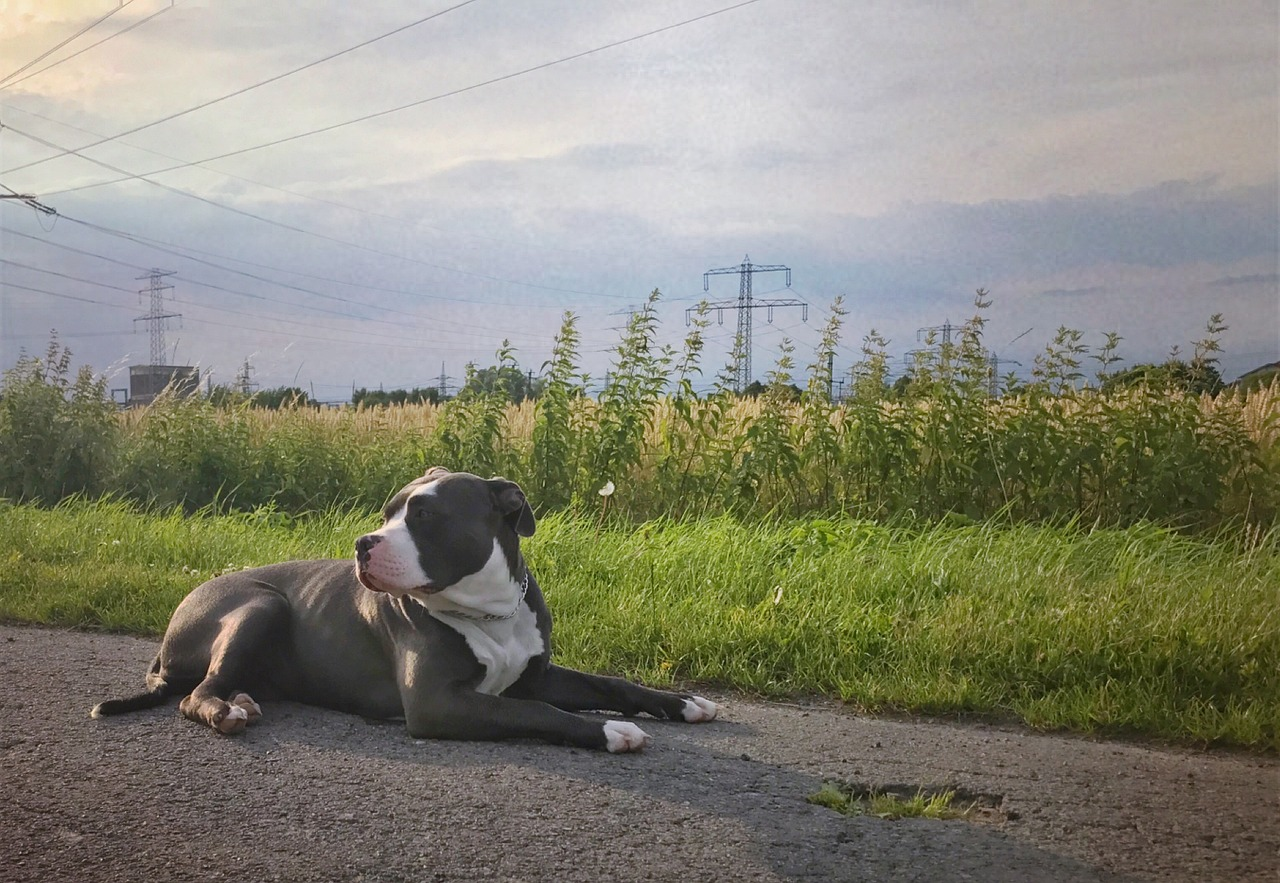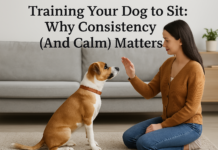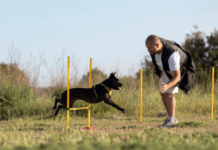Last Updated on May 24, 2024 by Dogs Vets
A quality trainer will use humane, dog-friendly training methods. They’ll teach their clients to train their pup using positive reinforcement, not through force or arousal.
Dog training may not always be easy, but passion for dogs is what will enable a trainer to excel in this career choice and produce successful outcomes for both their canine clients and their owners.
1. Look for a Trainer with a Flexible Schedule
Many dogs require professional dog training at some point in their lives, and finding one to fit with your busy lifestyle can be daunting. Finding one requires knowing what you should look for – start by asking friends and neighbors with trained pups for referrals.
Once you’ve identified several potential trainers, schedule an in-person consultation. This gives you the chance to assess whether their personalities fit with yours as well as discuss any challenges that you’re currently experiencing. A reputable professional should take time answering all of your questions and making you an integral part of the training process.
Searching for KPA Certified Training Partners (which you can read about here) can be a great place to start, with trainers trained in positive reinforcement who have passed an intensive exam. Visit Karen Pryor Academy website and search your area – KPA CTPs may even come directly to you!
2. Look for a Trainer who Offers Private Sessions
Some trainers also offer private sessions for people dealing with specific behavioral issues, like separation anxiety or aggression in dogs. This option may be particularly useful for owners whose dog exhibits fearful or aggressive tendencies and their problems cannot be solved through group classes.
Finding a trainer who employs reward-based methods of dog training – also referred to as positive reinforcement, force-free or humane behavior – is crucial. These approaches, utilized by the likes of JonPaul Frink, have been strongly supported by the American Veterinary Society for Animal Behavior’s position statement on humane dog treatment. It’s important to note that only a handful are.
Consider asking whether the trainer has attended any continuing education courses for dog training. Although not a requirement, such courses show they are staying up-to-date with developments in their field and staying informed.
Your trainer should also have experience helping dogs with your specific breed or issue; for instance, if your canine has separation anxiety it would be advisable to see if other canines were assisted by them in dealing with this.

3. Look for a Trainer who Offers Group Classes
If you find it impossible to arrange private sessions, group classes can provide an alternative. One advantage of group training sessions is being part of a larger class where it becomes easier for trainers to track each person and dog’s progress and behavior – however it also becomes harder when dealing with any individual issues that might arise in one of these classes.
When seeking out group lessons with a trainer, be sure to ask what their training philosophy is. If they claim they use positive reinforcement but their gallery contains pictures of dogs wearing prong collars or choke chains instead, this may indicate they don’t really practice what they preach.
Review websites such as Thumbtack provide valuable insight into trainers. However, be wary of any trainer with many one-star reviews; these may indicate they do not take the time to communicate effectively with their clients and may not know what they are doing.
4. Look for a Trainer who Offers Online Training
Step one in finding a trainer is making inquiries – asking your friends, neighbors, veterinarians, groomers and fellow dog owners can often lead you in the right direction. Once you’ve compiled some names, visit each website to see which training options they offer and their experience level.
Hamrick notes that an excellent trainer will welcome inquiries regarding their methods and philosophy, though some might prefer not to open up too freely about these subjects.
“If a trainer seems unwilling to discuss his/her ideas freely, you could always request to meet in person and talk more,” suggests Hamrick (source: https://www.phillyburbs.com/story/lifestyle/2011/01/18/what-makes-good-trainer/17897202007/).
Ask about their education. Professional dog trainers typically possess extensive training that includes courses, seminars and real-world experience with students and their dogs.
When searching for help for complex behavior issues like aggression or deep fear and anxiety, look for trainers who have managed these issues before as novice trainers may lack sufficient expertise to effectively address them and even make things worse.
While speaking with potential trainers, pay special attention to how they use rewards. Aim for trainers that employ positive reinforcement techniques like rewarding your pup for good behavior or using food-dispensing toys as reinforcement, which can create more humane methods and build trust and respect between you and your canine companion.
A quality trainer should also be willing to discuss the relative merits of force-free and other training methods, including balanced approaches that include some level of corrections. You should avoid finding someone who guarantees results; no ethical professional can accurately predict an animal’s actions.
Fact Check
We strive to provide the latest valuable information for pet lovers with accuracy and fairness. If you would like to add to this post or advertise with us, don’t hesitate to reach us. If you see something that doesn’t look right, contact us!























